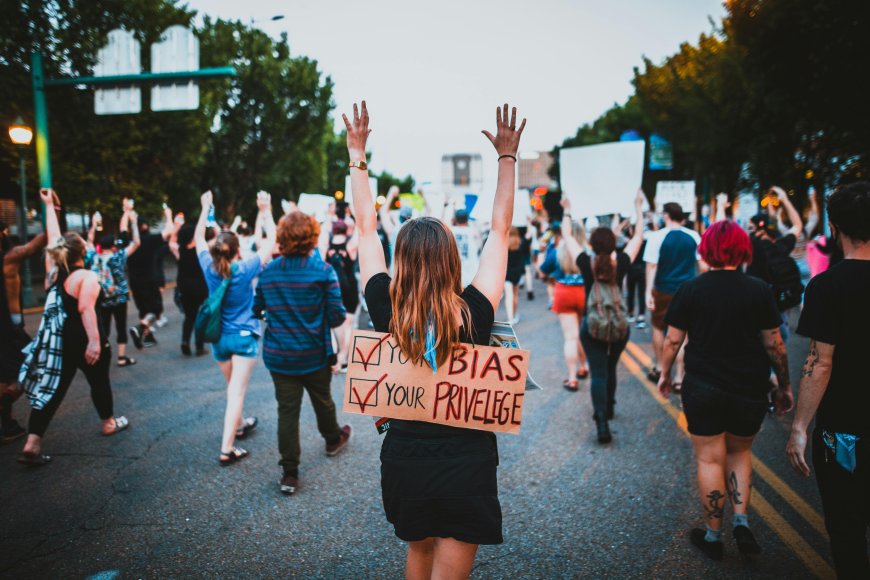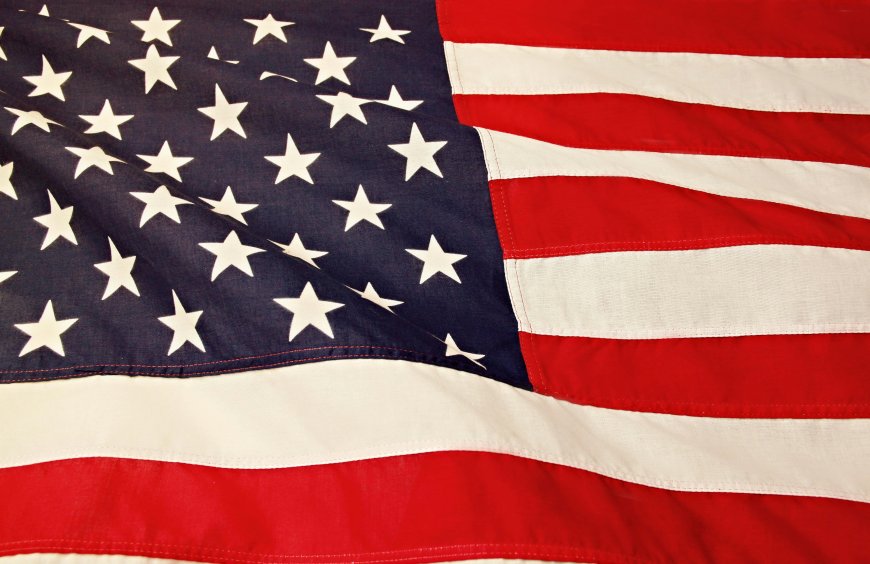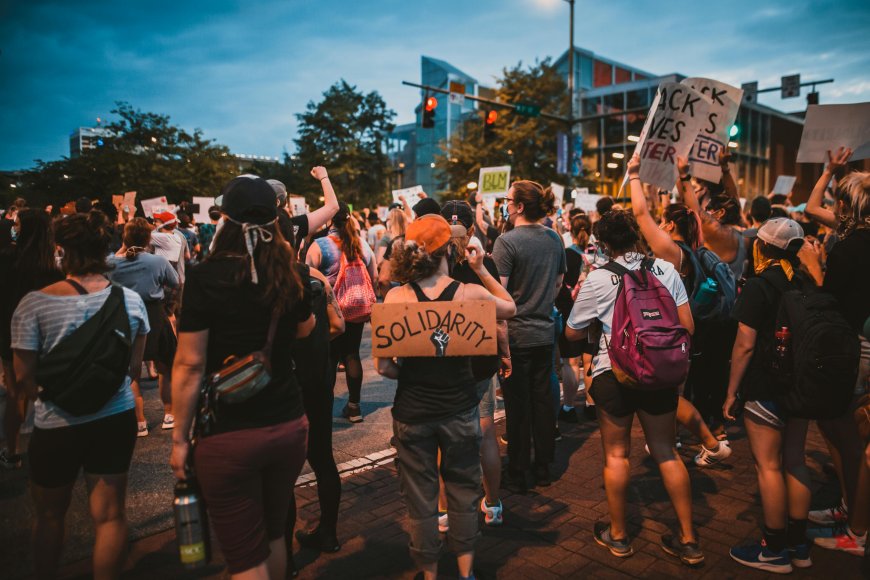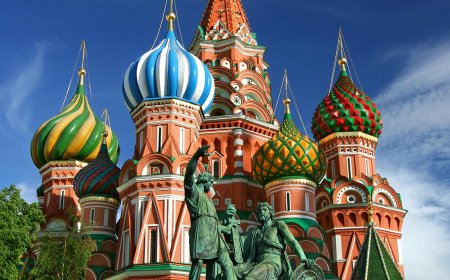Historic Events That Shaped Modern Politics
From revolutions to reforms, discover the key historic events that shaped modern politics and continue to influence global democracy today.

Politics is not built overnight. It is shaped by the turning points of history — revolutions, wars, treaties, and movements that redefined power and gave voice to new ideas. These events didn’t just decide borders or governments; they transformed the way people understood freedom, democracy, and justice.
Today’s political systems, whether in Washington, London, Ottawa, or Canberra, owe much to these defining chapters of human history.
The American Revolution: Birth of a New Democracy
The American Revolution (1775–1783) was more than a war for independence. It was the world’s first successful rebellion against colonial rule that built a nation on democratic ideals.
With the Declaration of Independence in 1776, the United States introduced radical principles — that all men are created equal and that government exists only with the consent of the governed. These ideals inspired democratic movements across Europe and beyond.
The French Revolution: Liberty, Equality, Fraternity
In 1789, Paris erupted. Citizens stormed the Bastille, demanding an end to monarchy and absolute rule. The French Revolution reshaped politics by popularizing the cry for liberty, equality, and fraternity.
Though violent and chaotic, the revolution spread new political ideologies, including republicanism and the idea that sovereignty belongs to the people, not kings. Modern concepts of citizenship and rights were born in its aftermath.

The U.S. Civil War: Redefining Freedom
The American Civil War (1861–1865) was not just a conflict over territory but a moral battle over slavery and human rights. President Abraham Lincoln’s Emancipation Proclamation and the eventual abolition of slavery redefined freedom in the United States.
The war also strengthened the role of the federal government, shaping the balance of power that still defines American politics today.
The World Wars: Global Politics Transformed
Few events changed politics as dramatically as the World Wars.
- World War I (1914–1918) redrew borders and collapsed empires, from Austria-Hungary to the Ottoman Empire. It also led to the creation of the League of Nations, a first attempt at international cooperation.
- World War II (1939–1945) redefined global power. It brought the rise of the United States and Soviet Union as superpowers and birthed the United Nations, laying the foundation for today’s international order.
These wars also fueled the creation of the Universal Declaration of Human Rights, shaping how governments are held accountable.
The Civil Rights Movement: A Fight for Justice
In the 1950s and 1960s, the Civil Rights Movement in the United States demanded an end to racial segregation and inequality. Led by figures like Martin Luther King Jr., it reshaped American politics by pushing forward landmark legislation such as the Civil Rights Act (1964) and the Voting Rights Act (1965).
This movement not only transformed U.S. politics but also inspired human rights struggles across the world, showing that grassroots activism could reshape entire nations.
The Fall of the Berlin Wall: End of the Cold War
In 1989, the world watched in awe as Germans tore down the Berlin Wall, the most powerful symbol of the Cold War. Its collapse marked the end of communist regimes across Eastern Europe and the eventual dissolution of the Soviet Union in 1991.
This moment reshaped global politics by expanding democracy, opening markets, and ushering in a unipolar world dominated by the United States.
9/11 and the War on Terror
On September 11, 2001, terrorist attacks on New York and Washington, D.C., shocked the world. Beyond the human tragedy, 9/11 profoundly altered modern politics.
It triggered wars in Afghanistan and Iraq, reshaped U.S. foreign policy, expanded surveillance powers, and redefined debates on security versus privacy. Two decades later, its impact still echoes in global relations and domestic politics.

Why These Events Still Matter
These events were not isolated moments — they continue to shape today’s debates on democracy, freedom, justice, and global power. Whether it’s the language of human rights, the structure of international organizations, or movements for racial equality, modern politics is built on the legacy of these turning points.
FAQs
Q1: Which event marked the beginning of modern democracy?
A1: The American Revolution is often seen as the first major step toward modern democracy.
Q2: How did the French Revolution change politics?
A2: It introduced republican ideals and emphasized citizens’ rights over monarchy.
Q3: Why was the Berlin Wall so important in history?
A3: Its fall symbolized the end of the Cold War and the collapse of communist regimes in Europe.
Q4: What was the political impact of 9/11?
A4: It reshaped global security policies, expanded surveillance, and influenced U.S. foreign interventions.
Q5: How did the Civil Rights Movement influence the world?
A5: It inspired global human rights campaigns, proving that grassroots activism could drive political change
আপনার প্রতিক্রিয়া কী?
 পছন্দ
0
পছন্দ
0
 অপছন্দ
0
অপছন্দ
0
 ভালোবাসা
0
ভালোবাসা
0
 মজার
0
মজার
0
 রাগান্বিত
0
রাগান্বিত
0
 দুঃখজনক
0
দুঃখজনক
0
 বাহ
0
বাহ
0




























































